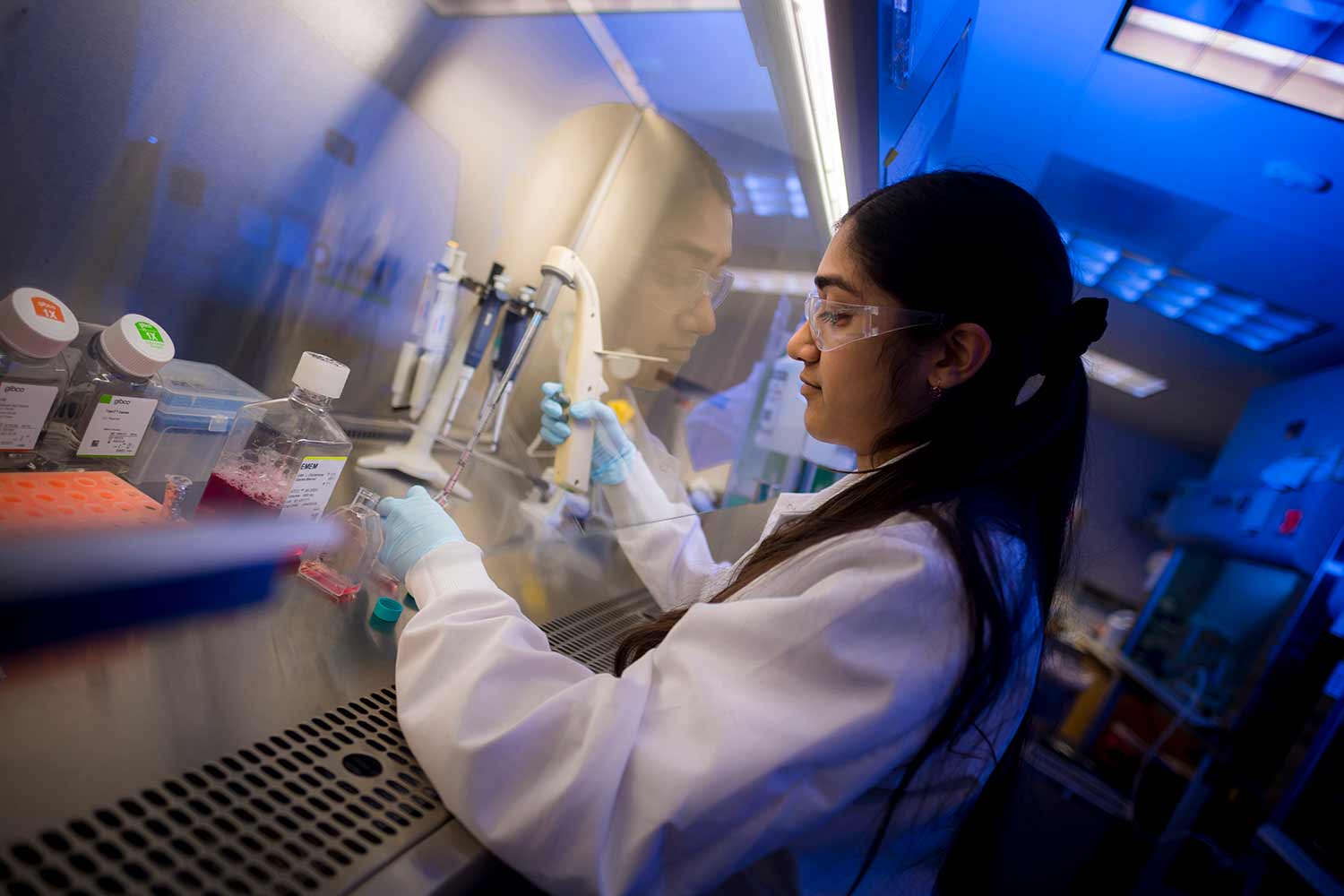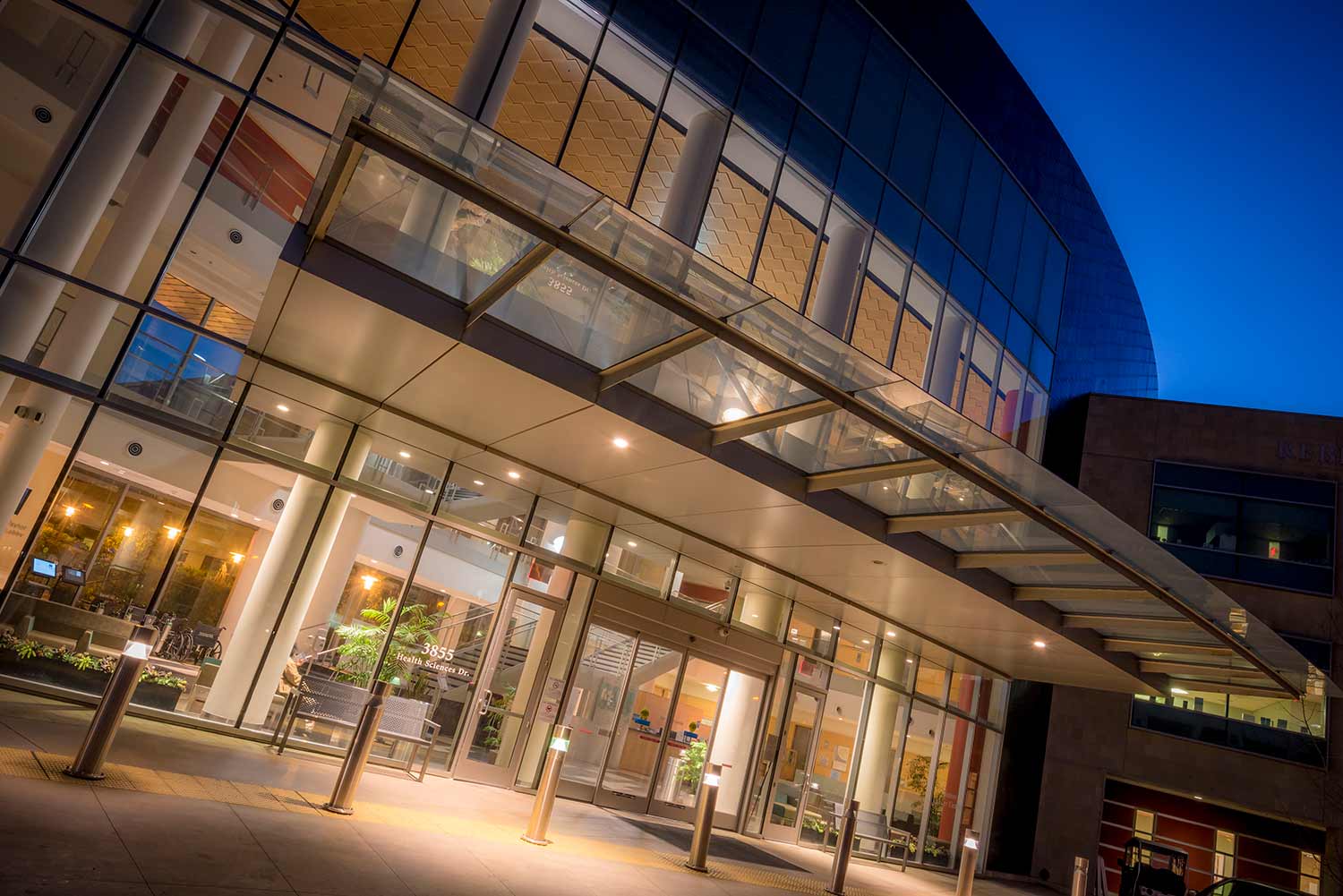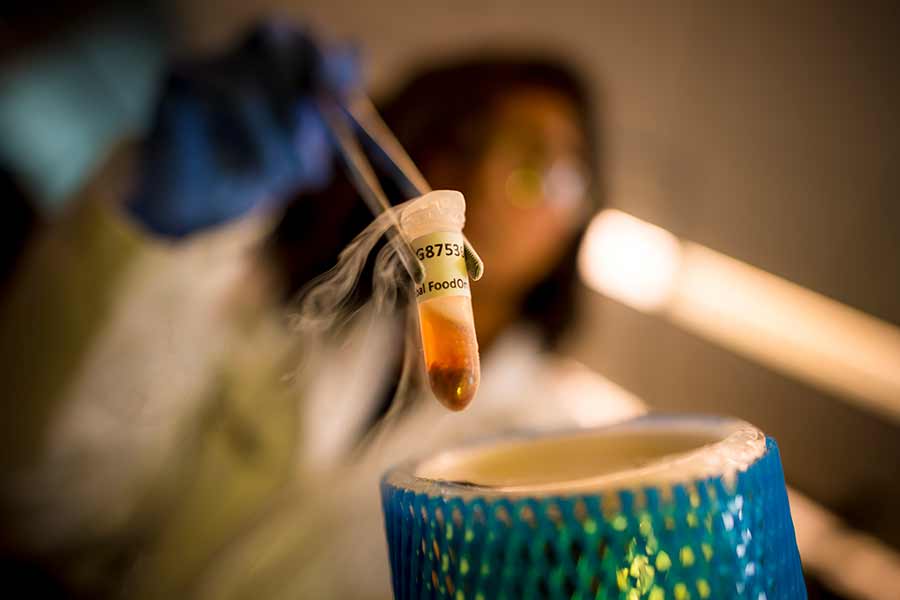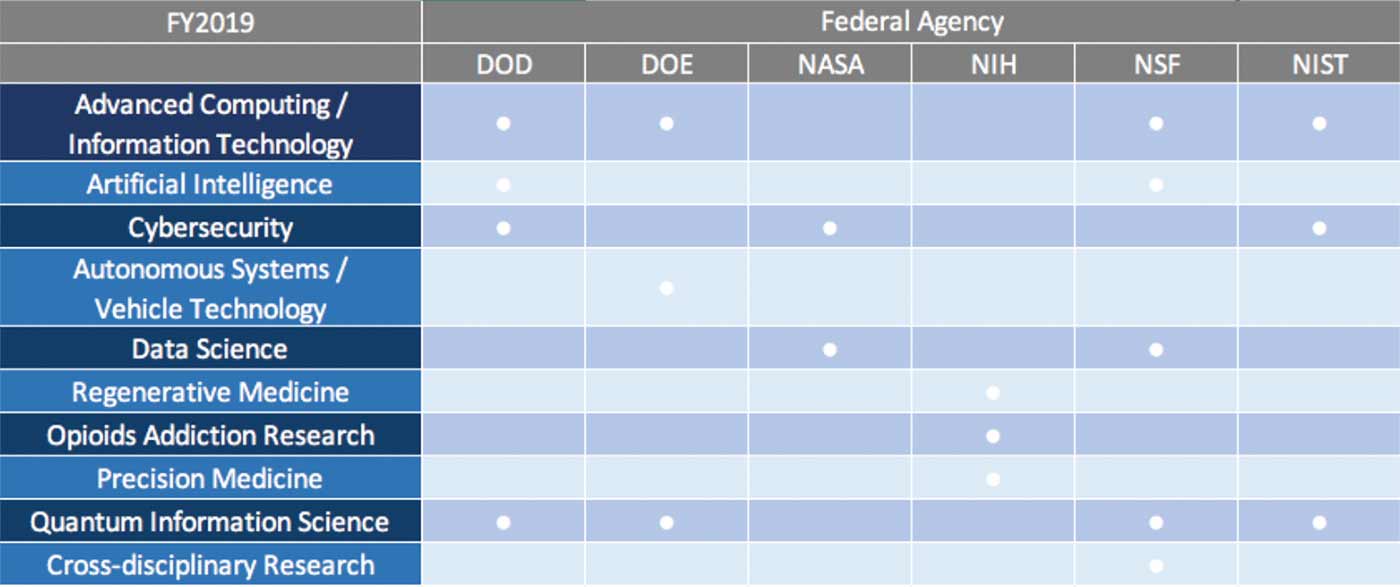
By:
- Michelle Franklin
Published Date
By:
- Michelle Franklin
Share This:

Photos by Erik Jepsen/UC San Diego Publications
UC San Diego Has Record-setting Year with $1.2B in Research Funding
For the past three years, UC San Diego has seen an increase in research contracts and grants, making it 7th in the nation in sponsored research.
The University of California San Diego broke its own record once again: with $1.2 billion in sponsored research support for FY2018 (July 1-June 30), the university reached a new milestone for the third consecutive year. This tops last year’s $1.16 billion by 4 percent and places UC San Diego 7th in the nation among research universities for sponsored research.
UC San Diego Chancellor Pradeep K. Khosla noted, “Another record-setting year of research funding is a testament to the continued hard work and tremendous vision of our faculty. Their bold pursuit of new discoveries brings innovative solutions to long-standing problems which better the lives of people around the globe.”
Funding from federal agencies totaled $681 million, with $422 million coming from the Department of Health and Human Services (which includes the National Institutes of Health). Other significant funding includes $98 million from the Department of Defense and nearly $87 million from the National Science Foundation (NSF). The State of California provided nearly $50 million in funding—a 35 percent increase over last year’s amount of $31.7 million. Nearly $383 million in funding came from industry and private nonprofit organizations.

The Moores Cancer Center received an $18 million grant from the California Institute for Regenerative Medicine.
The distribution of sponsored research funding across the UC San Diego campus remained virtually unchanged from last year. Health Sciences, which includes the School of Medicine and the Skaggs School of Pharmacy and Pharmaceutical Sciences, received the largest amount at $686 million. Academic Affairs, which includes the university’s academic divisions and organized research units, received $280 million in funding, and Scripps Institution of Oceanography received $155 million.
Multidisciplinary research—that is, research that happens across academic divisions or across campuses—earned $241 million. That accounts for 26 percent of total sponsored research and signifies a growing trend at UC San Diego.
Vice Chancellor for Research Sandra A. Brown states, “It’s increasingly apparent that solving today’s most challenging problems requires expertise from many diverse disciplines. This approach of bringing together faculty from different research areas has allowed us to establish centers of excellence outside the traditional departments that we now recognize as crucially important, from wireless communication, artificial intelligence and personalized medicine to developing new technologies to study the mind and brain.”
Many of this year’s notable awards help fund interdisciplinary studies throughout UC San Diego, including Moores Cancer Center. An $18 million grant from the California Institute for Regenerative Medicine will fund a clinical trial for a novel combination drug therapy for B-cell cancers. The trial is headed by Thomas Kipps, deputy director of research at the Moores Cancer Center. He is hopeful that this research may “allow patients to achieve complete remission and stop therapy altogether.”

The university’s San Diego Supercomputer Center received a $2.4 million supplemental NSF grant to extend operations of the Comet supercomputer into 2021. Comet is one of the most widely used supercomputers in the NSF’s eXtreme Science and Engineering Discovery Environment (XSEDE) program. In just over three years, Comet has helped over 1,700 principal investigators at 350 institutions by connecting them to integrated digital resources and servers.
The Division of Arts and Humanities received its largest-ever National Endowment for the Humanities (NEH) award. The $750,000 grant is part of the NEH’s new Infrastructure and Capacity Building Challenge Grants program and will help fund the division’s new home for the Institute of Arts and Humanities in the North Torrey Pines Living and Learning Neighborhood, which broke ground this past June.
Overall, UC San Diego increased the number of faculty proposal submissions to 4,881—up 3 percent over last year. The total potential award for submissions rose to $4.6 billion, an increase of $300 million from last year.
As the region’s leading research university, the campus continues to have a significant impact on San Diego’s economy. It remains the county’s largest employer headquartered in the area, currently employing over 34,000. Additionally, nearly 30,000 jobs are directly attributable to active UC San Diego-related companies. Those same companies brought in an estimated $32.4 billion in annual sales around the county.
When federal budgets are announced each year, it provides insight into key opportunity areas for research funding. For fiscal year 2019 those key areas include:

For UC San Diego faculty, research funding is a critical component to their work. Part of the submission process can involve meeting with federal program officers; however, for some researchers these meetings can be difficult to navigate. For faculty who have questions, Research Communications has answers. Join us in November for a workshop about the most effective ways to talk to, and build long-term relationships with, your program officers. Learn more about the workshop and sign-up on the Research Communications webpage.
Share This:
You May Also Like
Stay in the Know
Keep up with all the latest from UC San Diego. Subscribe to the newsletter today.


